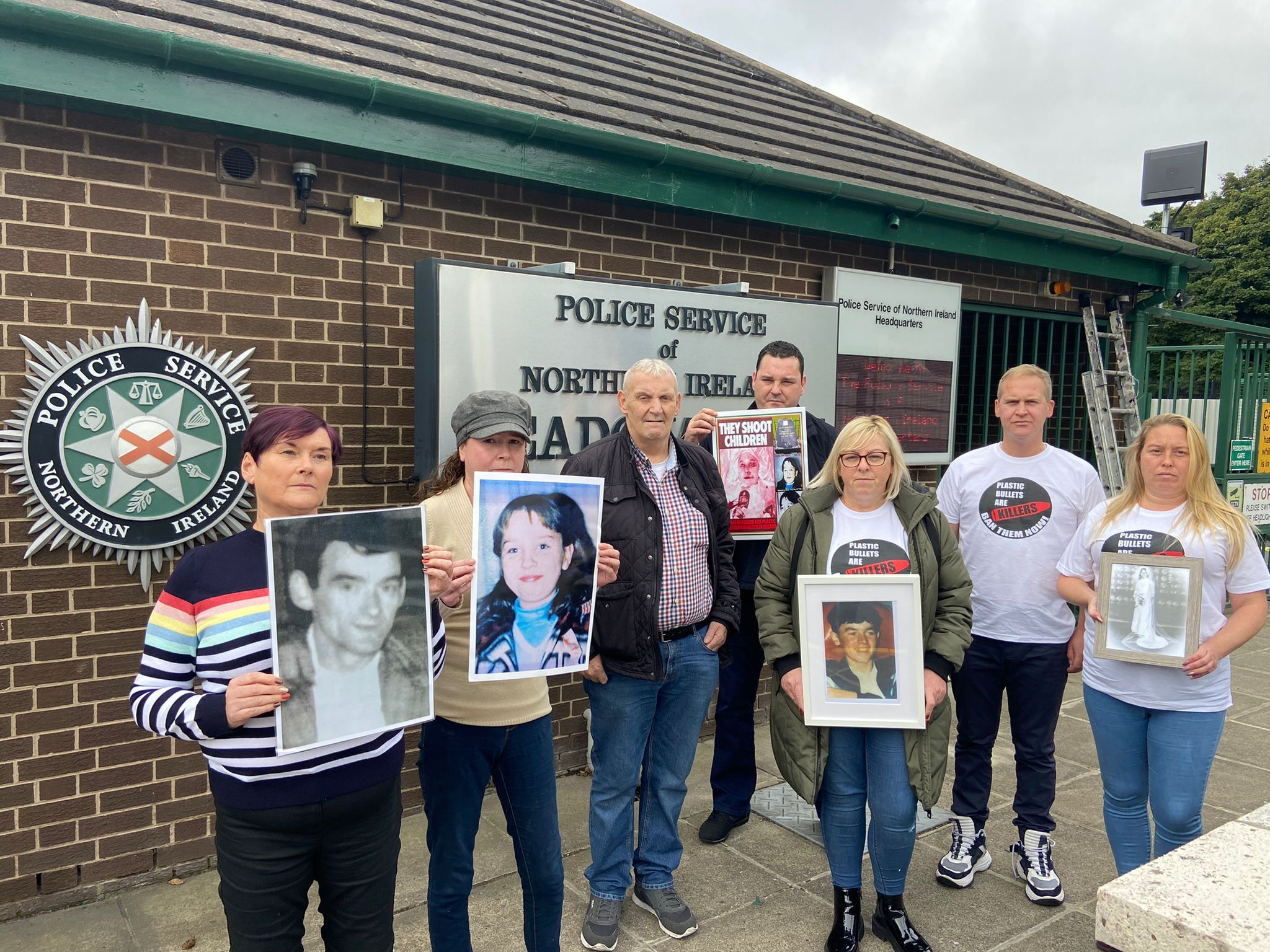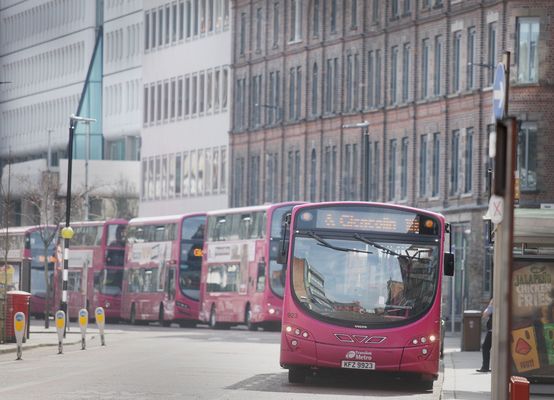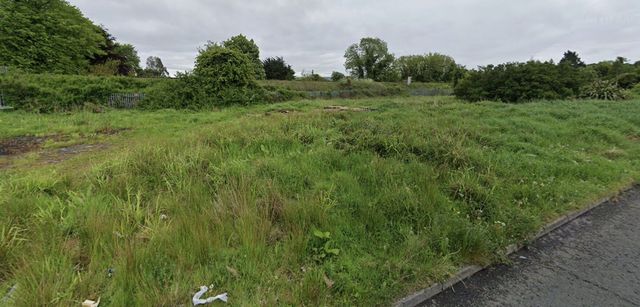FAMILIES whose loved ones were killed by plastic bullets have welcomed the report by the United Nations’ Committee on the Rights of the Child which states that the UK government must "take legislative measures" to prohibit the use of plastic bullets against children.
During the conflict a total of 17 people were killed by plastic and rubber bullets, including eight children. Rubber bullets were introduced onto the streets of the North by the British Army in 1971. In 1975 they were replaced by plastic bullets.
Christine Duffy – the sister of Seamus Duffy (15), who was the last person to be killed by a plastic bullet in the North in 9 August 1989 – said she was pleased to see the UN had included the use of plastic bullets as being something which the British government should be taking legislative action against. Seamus was shot in the New Lodge with a plastic bullet fired by the RUC.
“I think it’s great they’ve updated the children’s law and it’s great to see they’ve included in the use of plastic bullets into things which go against the rights of a child,” she said.
Christine revealed that her family have been waiting on a date for an inquest into Seamus's killing, but still have not been given one, prompting concerns from victims' groups that the British government are trying to run down the clock until May 2024 when all Troubles-related inquests will cease.
She said victims' families had no plans to work with the new structures put in place by the British government’s Legacy Bill and said they would continue fighting for their loved ones.
120,000 'baton rounds' (rubber or plastic bullets) were fired during the Troubles.
— Kevin Meagher (@KevinPMeagher) March 14, 2023
17 people killed. 8 of them children. Youngest was 10.
16 of the victims were Catholic.
Baton rounds NEVER used in Britain. Ever.https://t.co/YO5nC8PiAo
Christine said: “We were contacted by our solicitor before Christmas who said we would hopefully have a date by January but there’s still been nothing and we have no date set.
“It’s adding more trauma to the trauma that has already been caused to our family. They think by doing this and bringing the Legacy Bill in that we’re just going to forget about it, but we’re not. We’re going to keep on fighting to get justice for our loved ones.
“They’re putting hurdle after hurdle in front of us and this is just another hurdle for us to get over. We won’t be co-operating with the new legacy structures; we don’t have any interest in using them and we won’t be taking part in anything and we’ll keep on fighting for justice.”
Describing Seamus, Christine said he was a normal teenage boy who had spent his summer with an uncle in Dublin and was killed on his first night back in Belfast.
“He went into town with his friends and they went to the new Celtic shop which had just opened and he got himself the new Celtic top. He came back home and got ready and his friends called round for them to go to the (Internment) bonfires.
“Later on, him and his friend were walking home when he was killed. He was such a good kid. They can keep putting blocks in our way but we’ll keep fighting. Seamus’ only crime in life was to be a child born into the North of Ireland. His life was cruelly taken from him for no apparent reason and how they can justify the murder of children is beyond me.”





